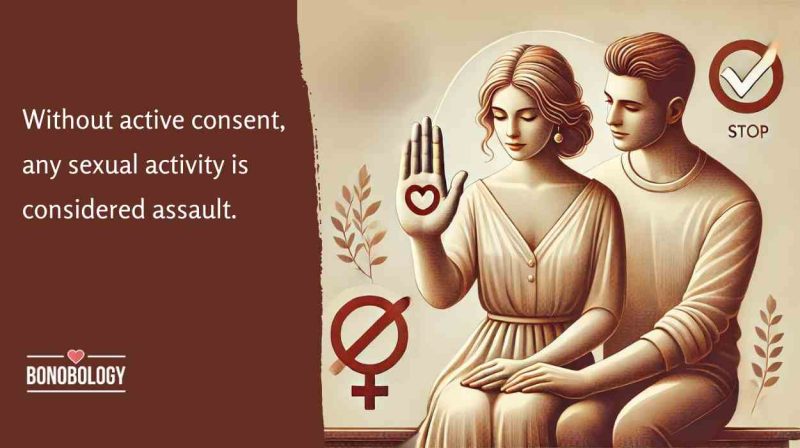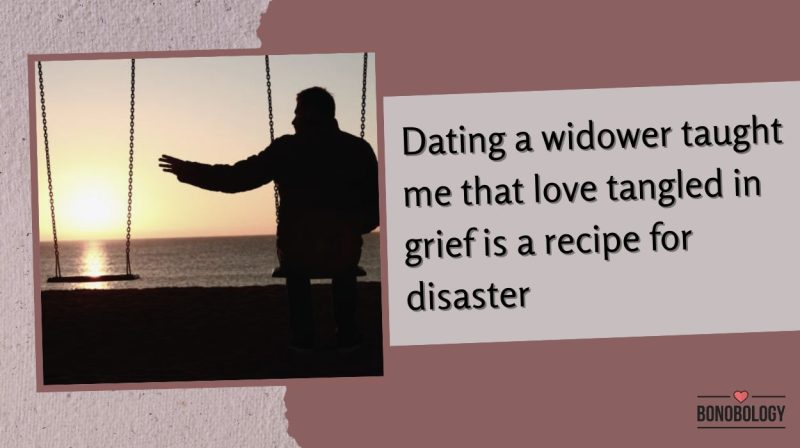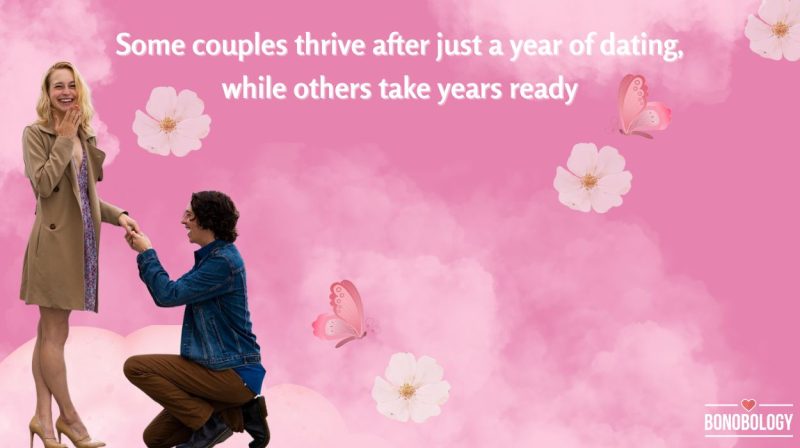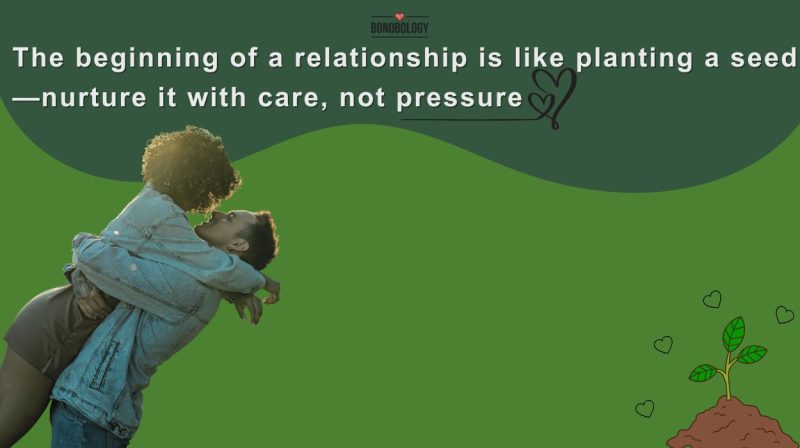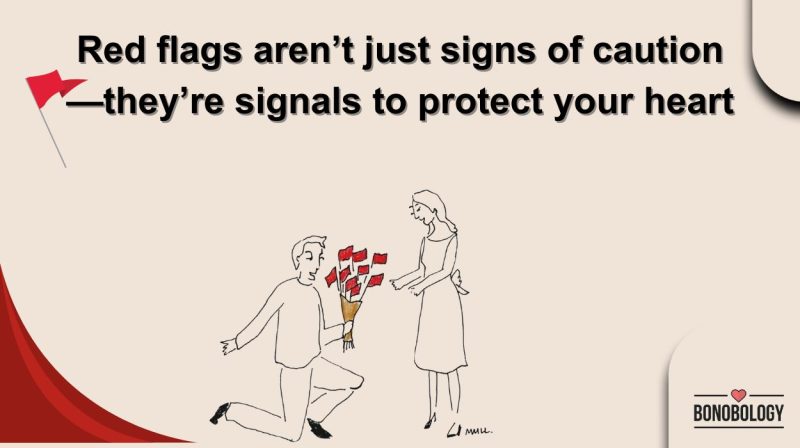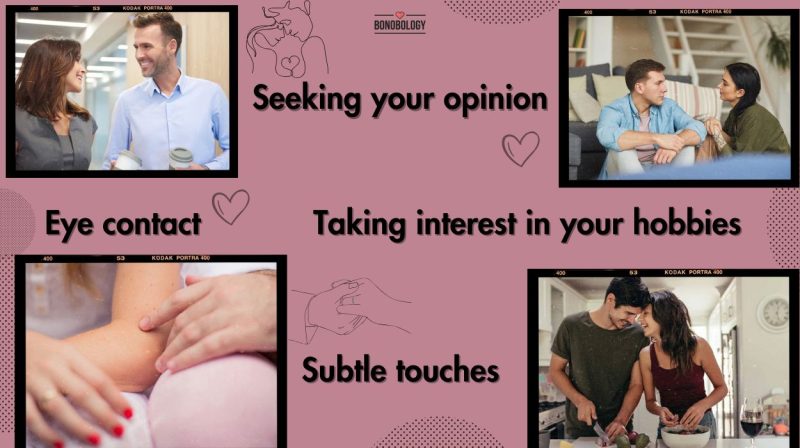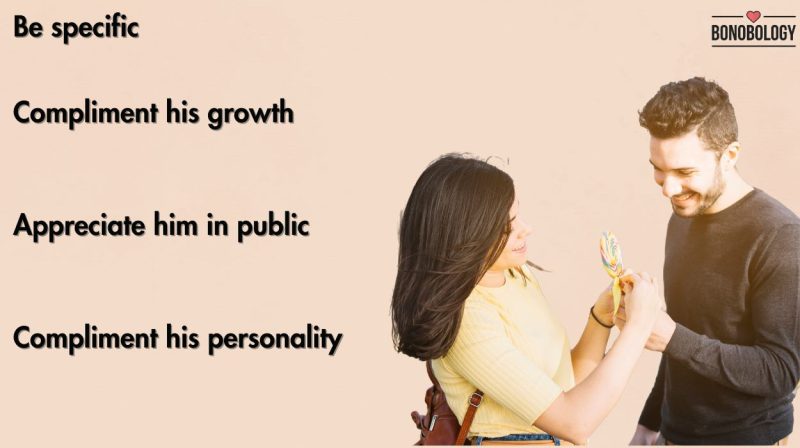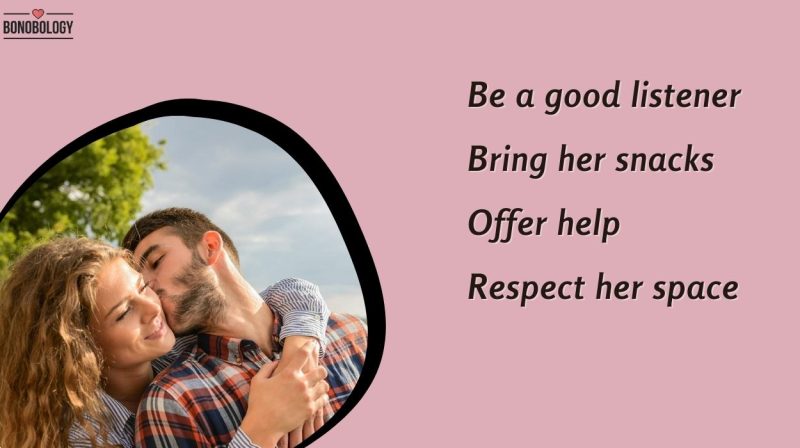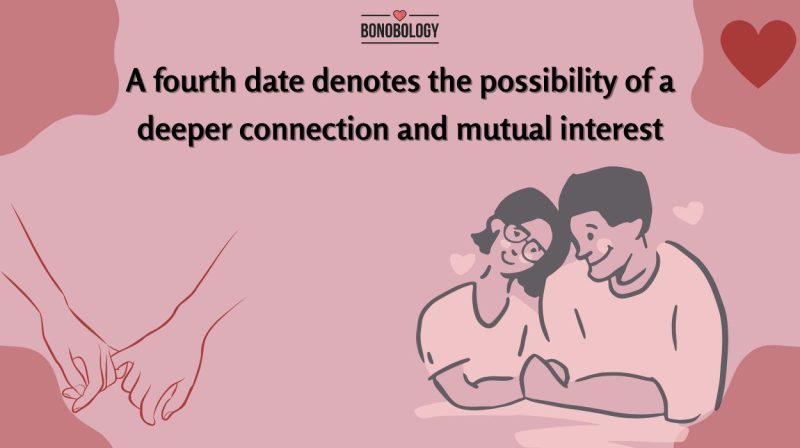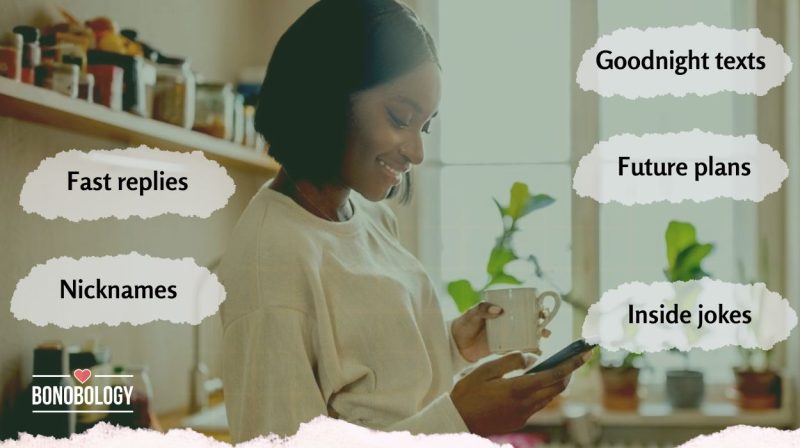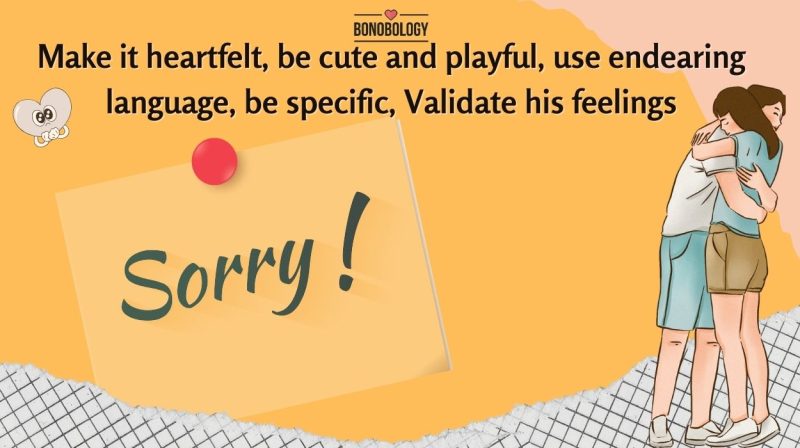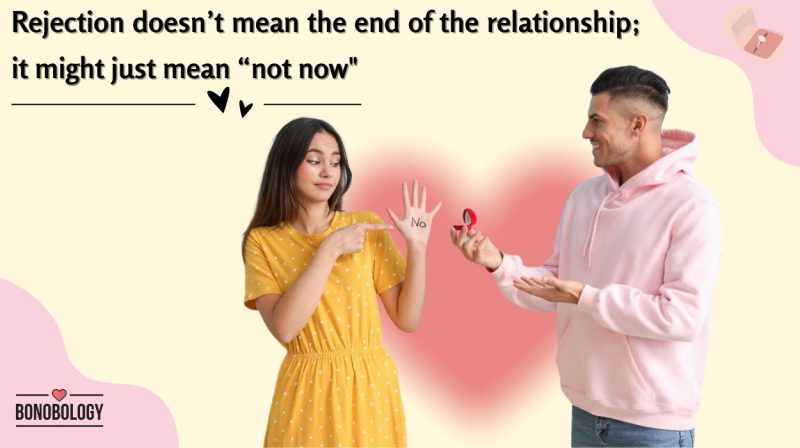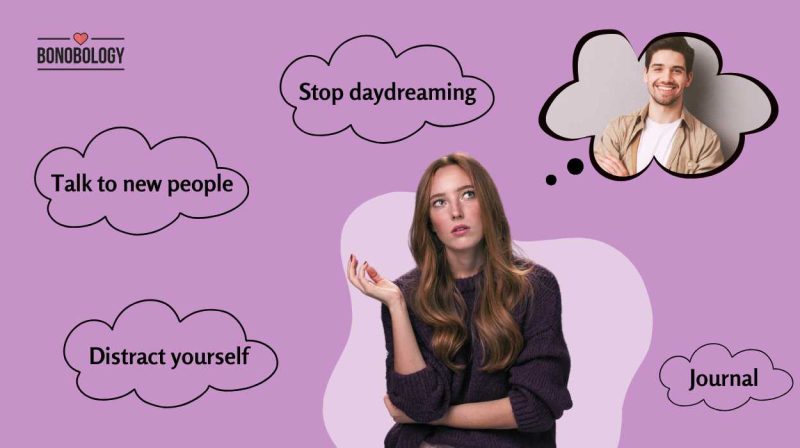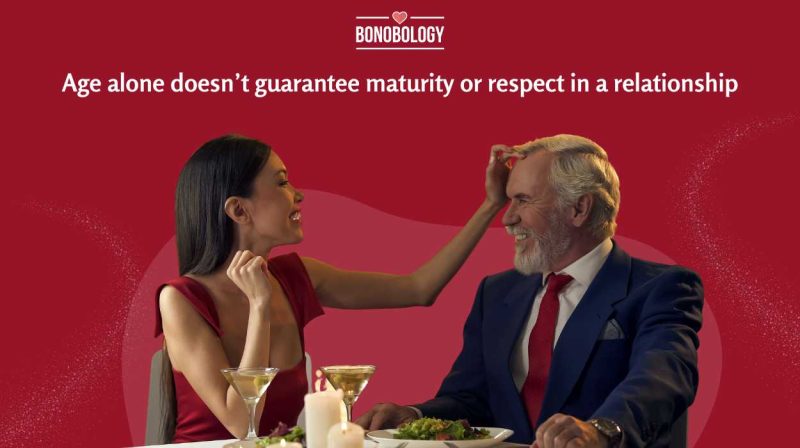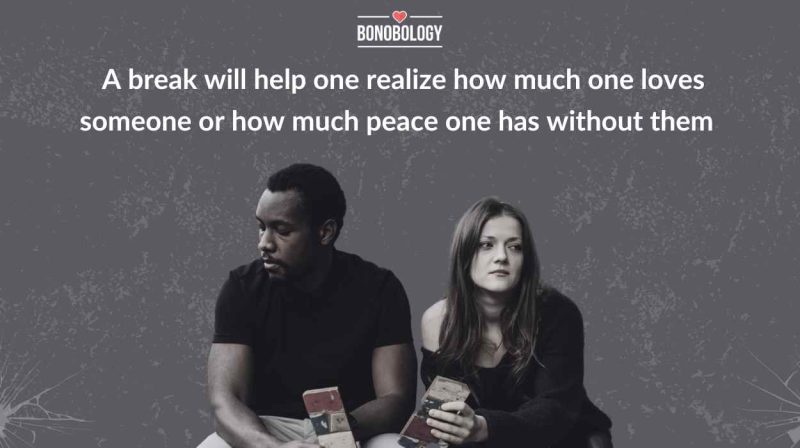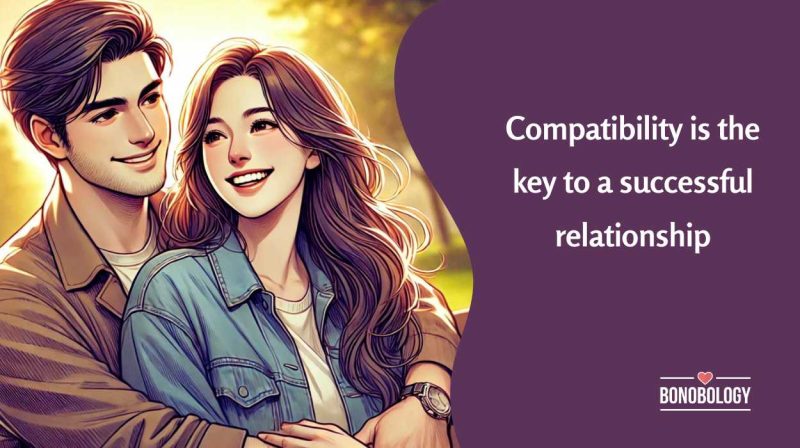With the rise of the #metoo movement and conversations about gender-based sexual harassment, topics like consent have gained traction in recent years. People have learned the importance of asking for consent, which makes for a more safe, comfortable environment for everyone involved.
Asking for consent in the bedroom is as simple as saying “do I have your consent for this?” or “is this okay?”. It makes both parties feel safer, and, most importantly, nobody will feel violated.
But what happens when neither of you asks for consent? Is it okay to continue? Do non-verbal cues count as consent?
Let’s find out all we need to know about consent with expert inputs from Elsa Marie D’Silva, the founder of the Red Dot Foundation and Safecity, a platform that empowers people to break the silence around sexual and gender-based violence, and Supreme Court lawyer Siddhartha Mishra.

What Is The Correct Way Of Asking For Consent?
Table of Contents
When thinking about whether there’s a correct way to ask for consent, expert Elsa Marie says it depends on the context. “You can clearly ask the person in front of you ‘how do you feel about this?’, ‘would you like to proceed?’, ‘would you like to do this with me?’. When asking for consent, it is important to be frank, open, and transparent. Do not assume and do not take anything for granted. You do not have consent until you get an explicit yes from your partner,” she adds.
Supreme court lawyer Siddhart Mishra sheds light on what the ‘correct’ way of asking for consent is. “Sexual consent is always clearly communicated – there should be no question or mystery. Silence is not consent. And consent isn’t just important the first time you are with someone sexually. Couples who’ve had sex before or even ones who have been together for a long time also need to consent before sex – every time. Anyone can be a victim, despite their gender, sexual orientation, or age.”
Asking for consent is not a complicated procedure that needs to be pondered upon. It is as simple as asking the questions listed above and making sure both partners feel safe in the situation. In the process, you’ll be improving communication between you two as well. As Elsa said, a clear and explicit “yes” is the only way to know you have consent. But what about non-verbal cues?
Related Reading: Just because I kissed him in his apartment didn’t mean I was ready …
Should non-verbal cues be considered consent?
Sometimes, one person may be under the misconception that there is consent since there are positive nonverbal cues being given.
To that, Elsa says, “Non-verbal cues can be extremely deceiving. They differ from culture to culture as well. Even inside a particular country, everybody is brought up differently, so your culture may not be that of somebody else. Hence, their non-verbal cues may be different from what you’re used to. Do not rely on them. It’s better to ask for verbal consent.”
Examples of non-verbal consent include a nod, initiating sexual activity or laughing or smiling. In the heat of the moment, these might appear as unmistakable signs of consent, but as mentioned above, different cultures could have different meanings for certain actions.
Related Reading: Consensual Love In The Workplace: You Could Be Disregarding Consent Without Even Knowing It
“Consent means actively agreeing to be sexual with someone. Consent lets someone know that sex is wanted. Sexual activity without consent is rape or sexual assault. Without actively giving consent for sex through verbal assurance, you will be at risk, “ says Siddhart.
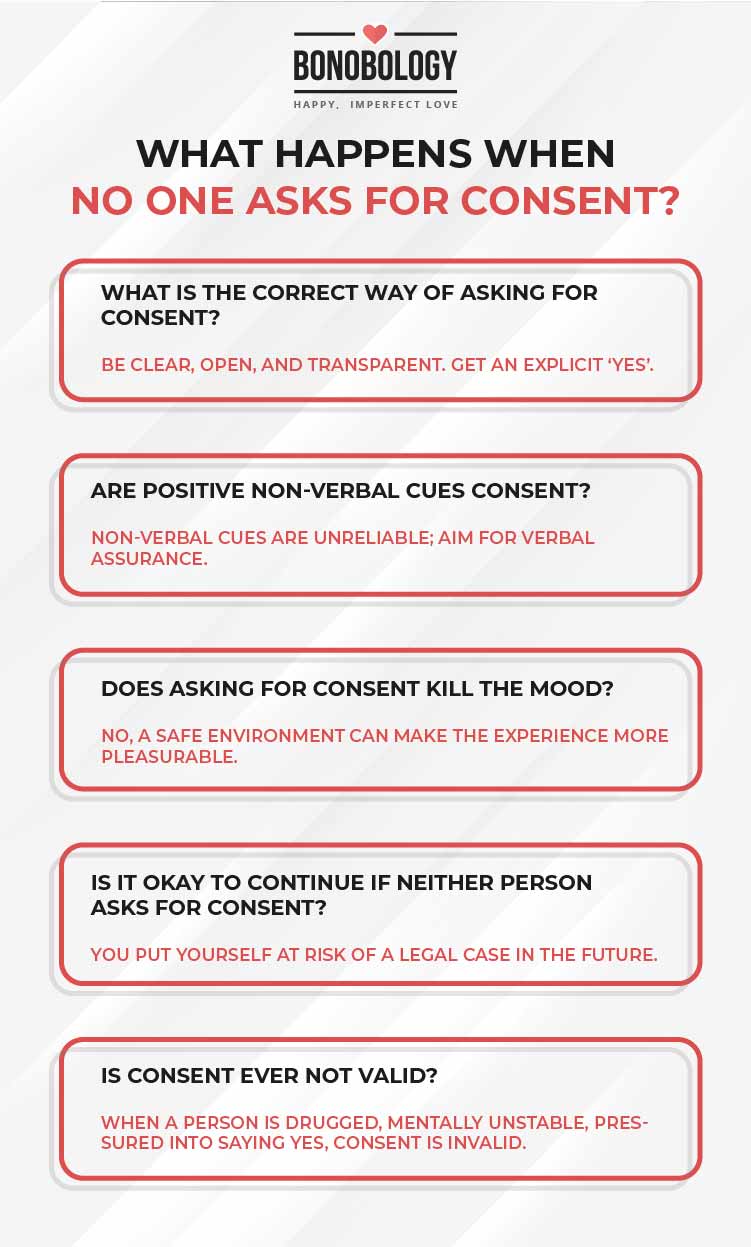
Does asking for consent kill the mood?
Numerous young adults sometimes avoid asking for consent because they fear it will kill the intimacy and the mood. Some people skip asking for consent altogether, in the heat of the moment, for this very reason. To that, Elsa argues that asking for and establishing consent will make the mood better, not kill it. Moreover, you put yourself at risk when you don’t ask for consent. Asking for consent should never be considered something that acts as a turn-off.
“If asking for consent kills your mood, you’re killing the mood of one person. But what about the other person? There’s a fine line between killing the mood and committing a crime since anything non-consensual can amount to a crime,” she says.

“When there’s consent, both people are more comfortable, allowing space for more pleasure. Isn’t it the mutual goal to increase the pleasure of both people?” asks Elsa, arguing that asking for consent only makes for a more pleasurable, safer environment than being left in doubt.
Is it okay to continue if consent is not established?
“No, it’s not okay,” says Elsa, since the absence of consent can never be excused.
“When neither partner asks for consent, you could be opening yourself up to a legal case in the future. You have to be aware of the consequences that may follow. Just like you have rights, other people have rights too. To make sure they’re not violated, make it a habit to ask for consent,” she adds.
The possible scenarios that could take place when consent is not clearly established range from misunderstandings to major accusations.
“It could range from ambiguity in the relationship to the extreme where a crime is committed, where you’ve violated somebody’s body and rights without permission,”
says Elsa
To tackle this, Elsa suggests everyone change the way they perceive relationships. “There are two sets of rights and feelings involved. It can not be one person taking charge and just ignoring and dismissing the other person’s feelings, autonomy, and rights.”
So, when no one asks for consent, it leaves room for multiple misunderstandings, serious allegations, and violations of rights. It may even lead to an abusive relationship in the future. To make sure nobody feels endangered in the bedroom, asking for consent is absolutely vital and cannot be overlooked under any circumstances.
Is There A Situation Where Consent Is Not Valid?
Now that we know how important it is to ask for consent, is there ever a situation where given consent might not be valid? Elsa tells us that there are a few situations like this.
“There is no consent in a sexual relationship if the other person is below the age of 18. You can not have sex with a child and say you had consent,” says Elsa.
“If the person is incapacitated, for example, if they’ve had a lot of alcohol and they can not make any coherent decisions, if they’re under the influence of drugs, if they have some mental disorder, then consent is not valid,” she adds.
Elsa also tells us that consent when acquired by someone in a position of power over their partner may also not be valid. “You can not use your position of power to force consent on somebody. The other person may say yes under duress, seeing no other way out. Consent is not the only thing, it is also in relation to your power equation with the other person that has to be examined.”
Related Reading: What Is Consent In Dating?
The case of American film producer Harvey Weinstein is a prime example of power being misused for forced sexual acts. In 2017, more than a dozen women accused Harvey Weinstein of rape and sexual harassment, for which he could now face up to 140 years in prison. At the time, the women reported he pressured them into sexual acts by guaranteeing promising careers in the acting industry.
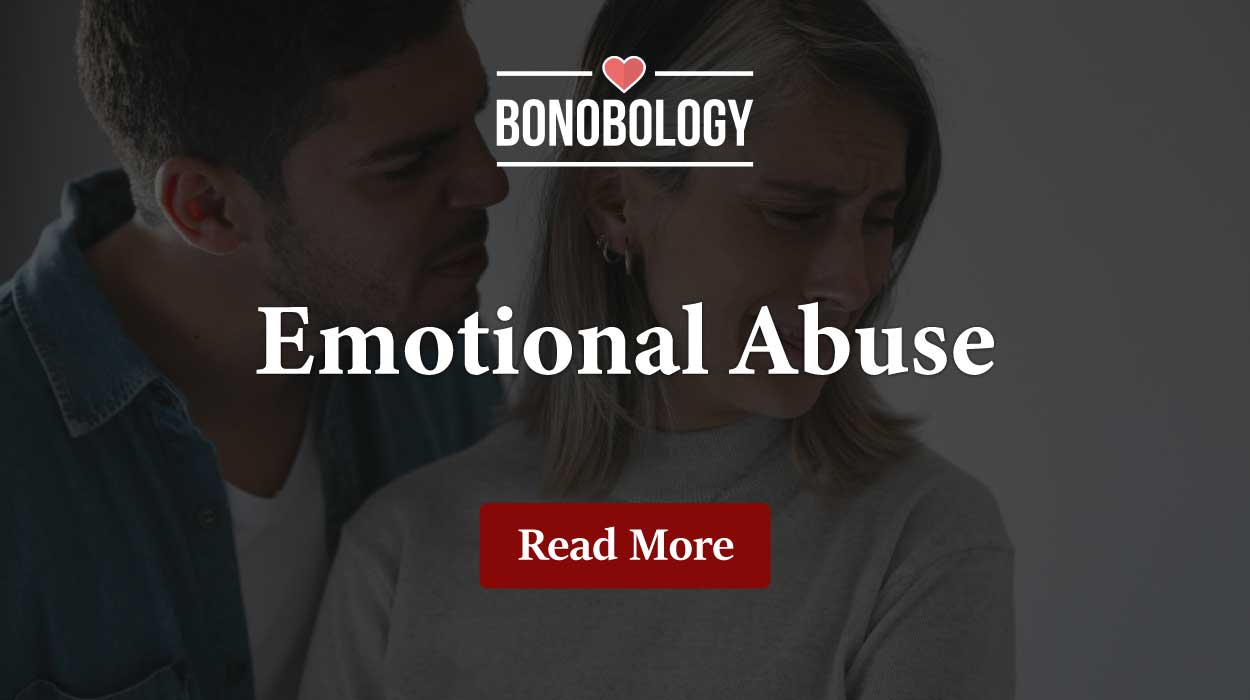
Final thoughts
Establishing the importance of asking for consent, Elsa reminds us to question our privilege. “Every day we have to question our privilege and our sense of entitlement. We must tweak the way we behave in society so that we make sure we are not violating somebody else’s privacy, rights, autonomy, and hurting their feelings and emotions. Asking for consent is a good thing, It protects you from being vulnerable to legal cases in the future.”
Consent in relationships doesn’t have to be complex. It’s as simple as asking your partner a simple question and not forcing a reply out of them. Once consent has been established, there’s nothing left to worry about. Except for practicing safe sex, of course.
FAQs
When someone doesn’t give consent, any sexual activity that follows is considered non-consensual and can be classified as sexual assault or rape. Non-consensual actions can lead to severe legal consequences, emotional trauma, and long-term psychological effects for the victim. It is crucial to stop and ensure explicit consent is given before proceeding with any intimate actions.
Asking for consent is vital because it ensures that all parties involved in a sexual activity are comfortable, willing, and fully aware of what is happening. Consent fosters trust, respect, and open communication, which are essential components of healthy relationships. Additionally, obtaining explicit consent protects individuals from potential legal repercussions and emotional harm.
Silent consent refers to the assumption that someone agrees to sexual activity based on their lack of verbal refusal or their non-verbal cues, such as body language or gestures. However, silent consent is not valid consent. True consent must be clearly and explicitly communicated, either verbally or through unmistakable affirmative actions. Silence or ambiguous actions should never be interpreted as consent.
Emotional abuse in a marriage – 9 signs and 5 coping techniques
Does love give us the right to overlook consent? No, not even if Bollywood says so!
Your contribution does not constitute a charitable donation. It will allow Bonobology to continue bringing you new and up-to-date information in our pursuit of helping anyone in the world to learn how to do anything.

